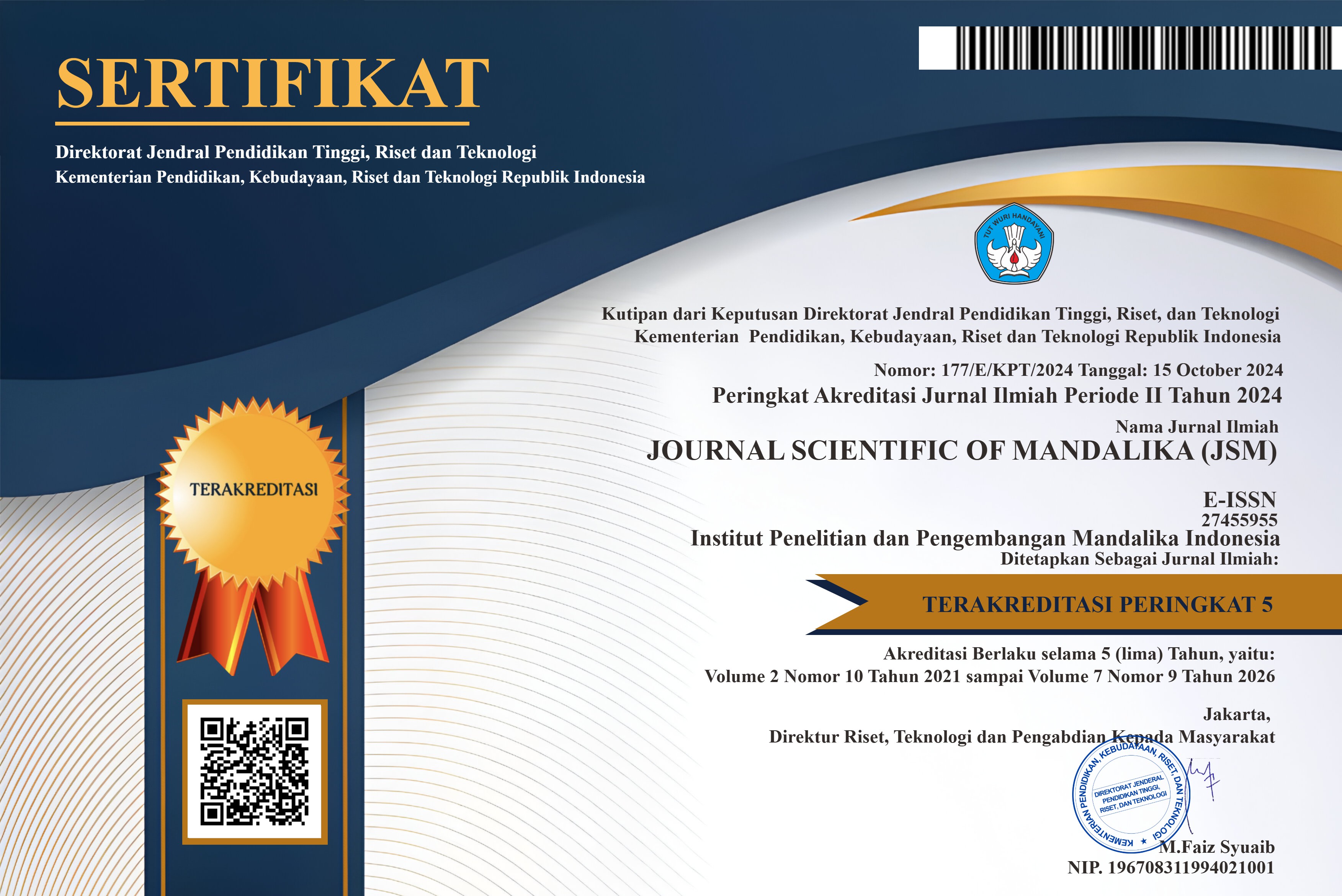System Literature Review: Analysis Of The Influence Of Market Anomaly And Financial Behaviour On Abnormal Returns In The Efficient Market Hypothesis
Abstract
The capital market is one of the important indicators in a country's economy, which reflects the dynamics of the relationship between investors, companies, and market conditions. In the Efficient Market Hypothesis (EMH) theory, stock prices are said to reflect all available information efficiently. Thus, there is no opportunity for investors to consistently generate abnormal returns, namely profits that exceed market expectations based on the risks taken. However, in practice, various market anomalies and financial behavior often show deviations from the basic assumptions of the EMH. This study aims to analyze the effect of various market anomalies such as the January Effect, Ramadhan Effect, Election Days Effect, Pandemic Covid Effect, and financial behavior on abnormal returns in the Efficient Market Hypothesis using the system literature review research method. The results of the study show that the January Effect, Ramadhan Effect, Election Days Effect, Pandemic Covid Effect have a negative effect on abnormal returns in the Efficient Market Hypothesis. Financial behavior such as herding behavior shows that there is no herding behavior in the Indonesian capital market. These results indicate that investors are rational in making investment decisions because they have good access to relevant information about stock price movements in the market.
Copyright (c) 2025 Siti Aminah, Nurul Huda

This work is licensed under a Creative Commons Attribution-ShareAlike 4.0 International License.













